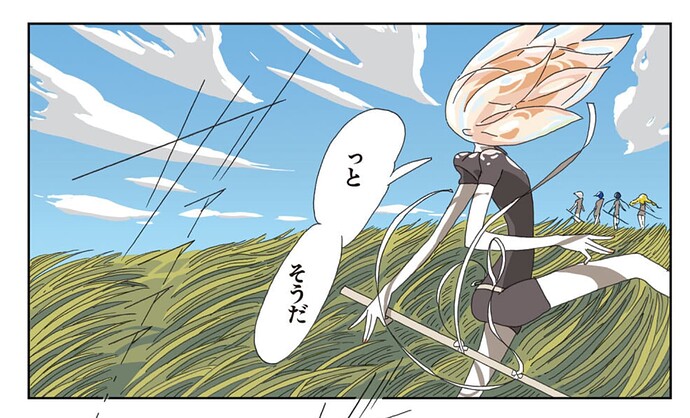Hey all, I’m looking for some general advice on how to break this habit I’ve developed.
Recently, I’ve noticed that when I’m reading Japanese (particularly subtitles for TV but also to a degree manga or novels), I’ll often be translating in my head from Japanese to English. It also happens if I’m listening to a podcast or watching TV without subs, but to a lesser degree (maybe just because my listening is worse than my reading though…)
This wouldn’t be a huge problem, but I find it takes me out of the immersion, and I realise I’m never going to learn a lot of the nuances of how the language is used if I’m constantly thinking about it in English at the same time. After all, these things don’t ever match up 1 to 1.
As I’ve been learning, I’ve found myself more interested in the process of translation from Japanese to English and often spend time thinking about how particular sentences or words could have been conveyed differently when reading or watching something in English. I also review Japanese media released in English as my day job, so it’s one of those things that I find interesting due to that as well. I think that’s probably one of the big reasons I’ve ended up like this, and I recognise there’s a time and place for that, but it shouldn’t be constant.
On the whole, I don’t think this is a good habit to be in, and I’m wondering how others broke it? Or perhaps more, how did people start thinking purely in Japanese? Any advice gratefully received! 




 文の分解
文の分解 ポイント
ポイント